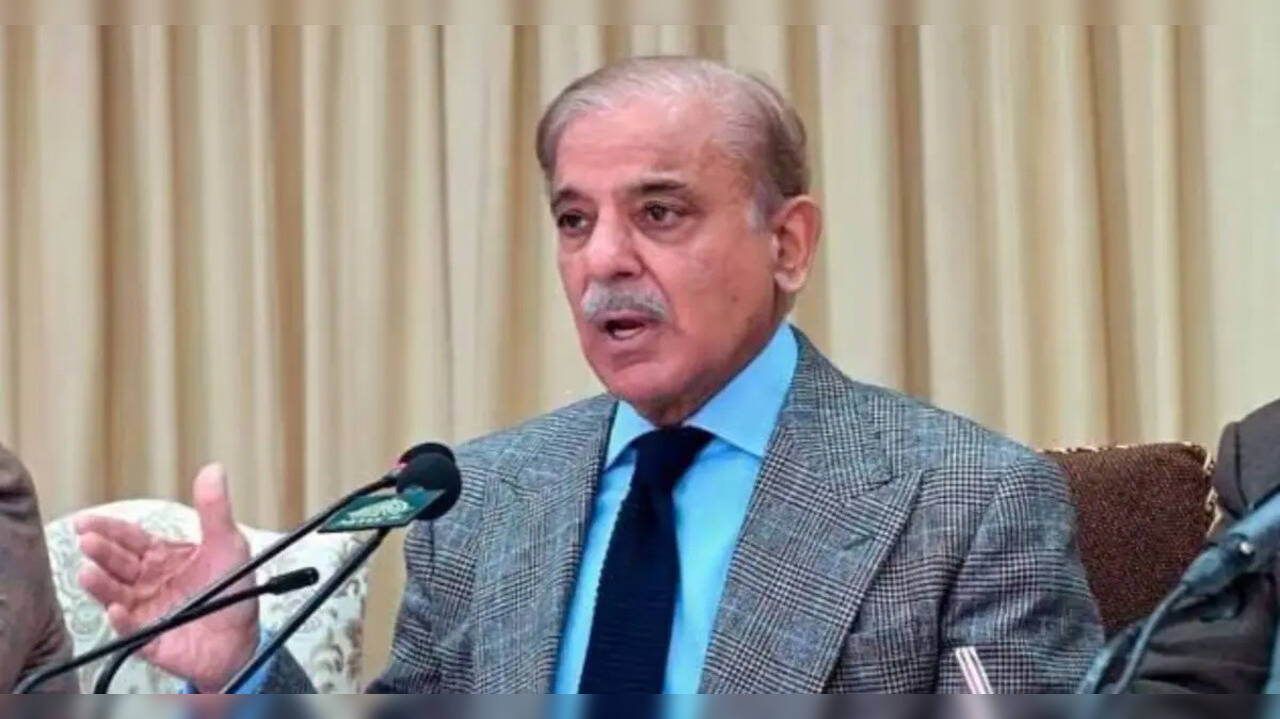
Pak PM Shehbaz Sharif’s ‘nuclear weapon’ backtrack.
Photo : AP
Months after Pakistani leaders threatened India with nuclear attack, Pakistan Prime Minister Shehbaz Sharif said that it is entirely for “peaceful purposes”. Dismissing any possibility of a nuclear exchange during the recent conflict with India, Shehbaz said the entire nuclear programme is intended for “peaceful purposes and self-defence.”
The statement comes after a number of “nuclear blackmails” from Pakistan, after which New Delhi maintained that it would not tolerate such blackmail and would deal with Pakistan bilaterally.
“Pakistan’s nuclear programme is solely for peaceful purposes and national defence, not for aggression,”
Shehbaz Sharif said when asked about the possibility of using nuclear weapons, reported TOI.
India suspended the Indus Waters Treaty with Pakistan post the Pahalgam attack on April 22, in which terrorists killed 26 innocent tourists. Pakistan called it an “act of war”. It said that it would respond to any attempt to divert water with “full force across the complete spectrum of national power”.
Days later, its leaders, including a diplomat, gave a nuclear weapon threat and said, “Pakistan will use the full spectrum of power, both conventional and nuclear.”
India had launched Operation Sindoor against Pakistan after the Pahalgam horror, targeting 9 key terror hotspots in Pakistan and Pakistan-occupied Kashmir.
Recently, Nepal President’s advisor Sunil Bahadur Thapa said that Pakistan-based terrorist groups, including the Lashkar-e-Taiba (LeT) and Jaish-e-Mohammed (JeM), that are responsible for multiple attacks in India, pose a threat to regional security and could exploit Nepal as a transit route to target India.
“Pakistan-based groups like Lashkar-e-Taiba and Jaish-e-Mohammed pose serious risks to India and could use Nepal as a transit route,” Thapa said, as quoted by NewsonAir.
Thapa made the remarks during a high-level seminar – ‘Terrorism in South Asia: Challenges to Regional Peace and Security’ – organised by the Nepal Institute for International Cooperation and Engagement (NIICE) in Kathmandu.